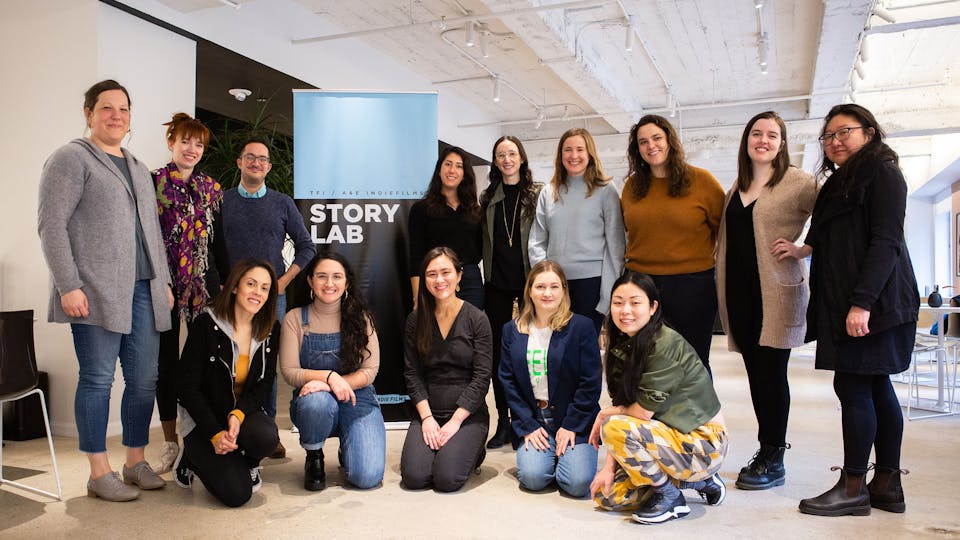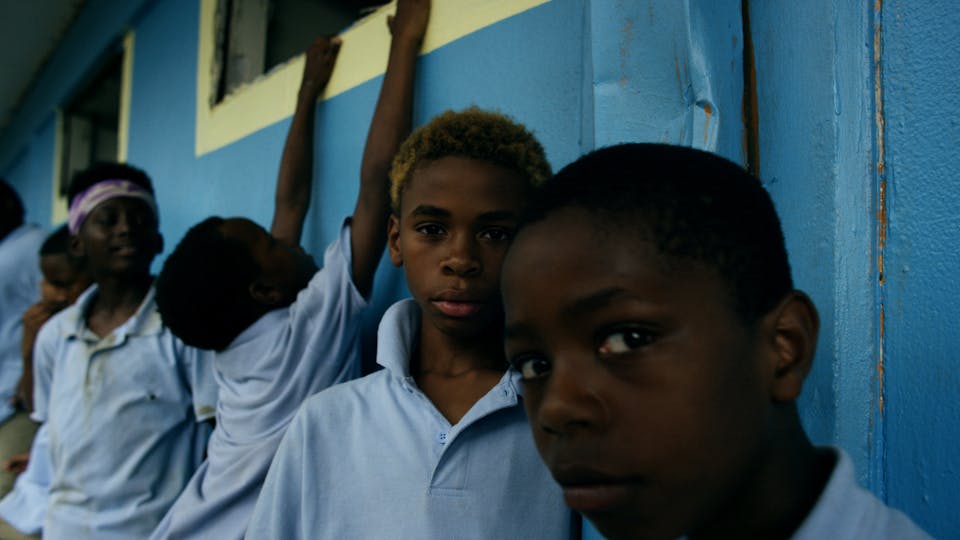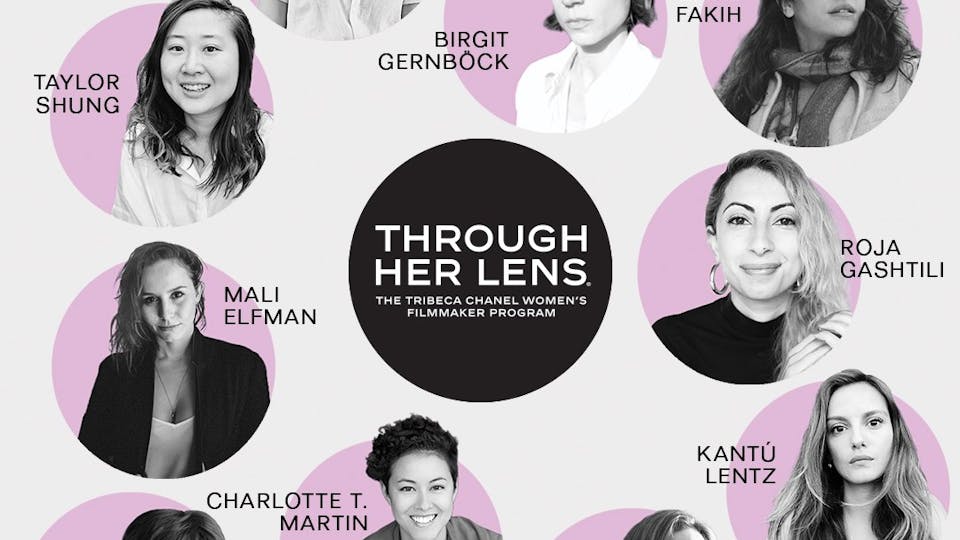Restoring Justice Through Film

A note from Vee Bravo, VP, Education Programs
It is quite the norm in our culture to celebrate the astonishing feats of those who have changed the world. We are beholden to their inspiring stories of bucking the system for a larger social good, putting everything on the line, and more often than not—paying a significant price for doing so. This narrative is reflected in our favorite Hollywood flicks and indie docs. We love to canonize triumphant people, and pay particular attention to the price they’ve paid.
Within the canon of freedom fighters is Nelson Mandela, rightly canonized for his courage in catapulting racial inequity to the forefront. It’s hard to imagine this accomplishment without acknowledging the twenty-six years he spent on Robben Island, imprisoned in solitary confinement, separated from his family, tortured for believing that his people had the right to be self-determinant.
But in telling Mandela’s story through the resiliency he displayed in the face of oppression, we are doing his story a huge injustice. Mandela did more than just survive in prison. Mandela read, watched films and he wrote—quite a bit. He penned letters to himself, his family, journalists, and scholars. Importantly, and of great consequence, he also wrote to other political prisoners. In doing so he built capacity for other prisoners to stay connected and applied to the world. He restored a sense of humanity and justice.
As a filmmaker, educator and community member who has worked in the criminal justice system for the past twenty years, I have witnessed the vile impact of mass incarceration on poor communities of color. We don’t think of people in Rikers Island or Otisville Correctional Facility as political prisoners, yet we cannot ignore the patterns of structural racism that pipelines people from Brownsville in Brooklyn or Cato Manor in Dunbar to the confines of prison.
Within the walls, our communities remain woke to the systemic push and pull factors that keep prisons stacked. Atonement is difficult when people are denied their dignity and basic human rights. To this end, incarcerated men and women use a myriad of storytelling tools to organize, resist and reinvent a free world in prison. Just as Mandela used letters to build community, people behind bars create art, write anthologies, and produce music to restore their human rights.
The time has now arrived for the film industry to go beyond just telling the story of people in prison. We need to use our leverage to create real capacity for the women and men behind bars to write, produce, and direct their own films. And we can do this together — family, community, and industry. Just as Mandela used writing to build a community within and beyond the walls, we can do the same. However, this will mean dismantling the traditional hierarchy we are all accustomed to when producing films. Inclusivity means that we work in tandem, and all voices are heard and accounted for in the process and final output. Restoring capacity = restoring justice. Just press the play button.






